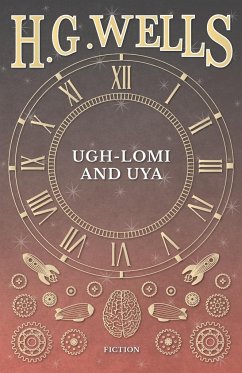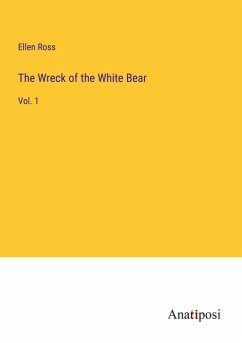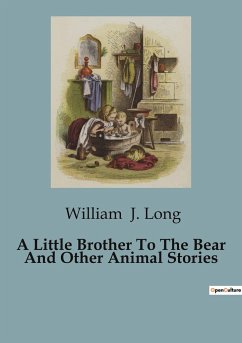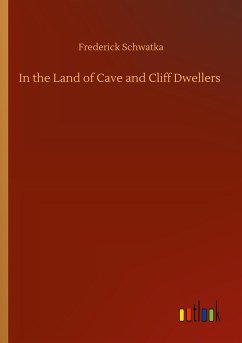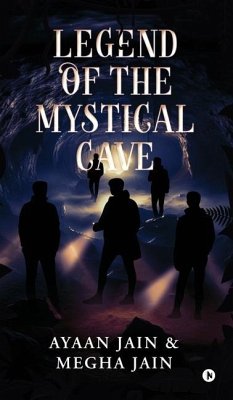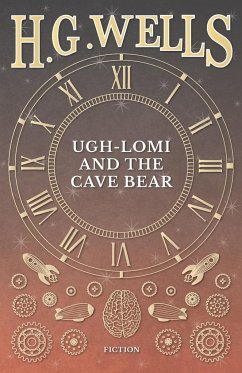
Ugh-Lomi and the Cave Bear

PAYBACK Punkte
6 °P sammeln!
"Ugh-Lomi and the Cave Bear" is a short story by H. G. Wells. It is presented as a parable and concerns the first meeting between the Great Bears, who are the Lords of the Rocks and Caves, and Man. Herbert George Wells (1866 - 1946) was a prolific English writer who wrote in a variety of genres, including the novel, politics, history, and social commentary. Today, he is perhaps best remembered for his contributions to the science fiction genre, thanks to such novels as "The Time Machine" (1895), "The Invisible Man" (1897), and "The War of the Worlds" (1898). "The Father of Science Fiction" was...
"Ugh-Lomi and the Cave Bear" is a short story by H. G. Wells. It is presented as a parable and concerns the first meeting between the Great Bears, who are the Lords of the Rocks and Caves, and Man. Herbert George Wells (1866 - 1946) was a prolific English writer who wrote in a variety of genres, including the novel, politics, history, and social commentary. Today, he is perhaps best remembered for his contributions to the science fiction genre, thanks to such novels as "The Time Machine" (1895), "The Invisible Man" (1897), and "The War of the Worlds" (1898). "The Father of Science Fiction" was also a staunch socialist, and his later works are increasingly political and didactic. Although never a winner, Wells was nominated for the Nobel Prize in Literature a total of four times. Many vintage books such as this are becoming increasingly scarce and expensive. We are republishing this book now in an affordable, modern, high-quality edition complete with a specially commissioned new biography of the author.




